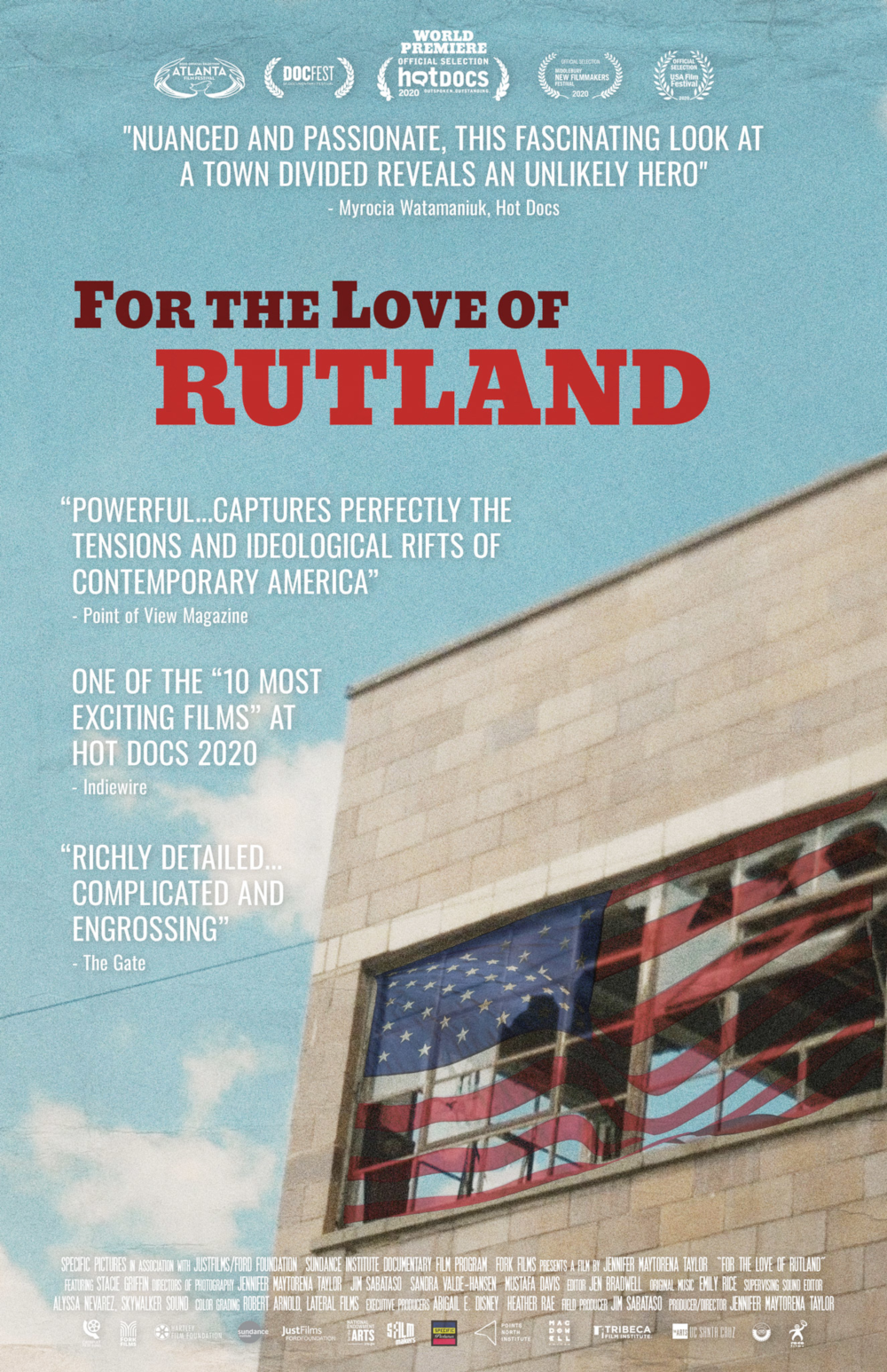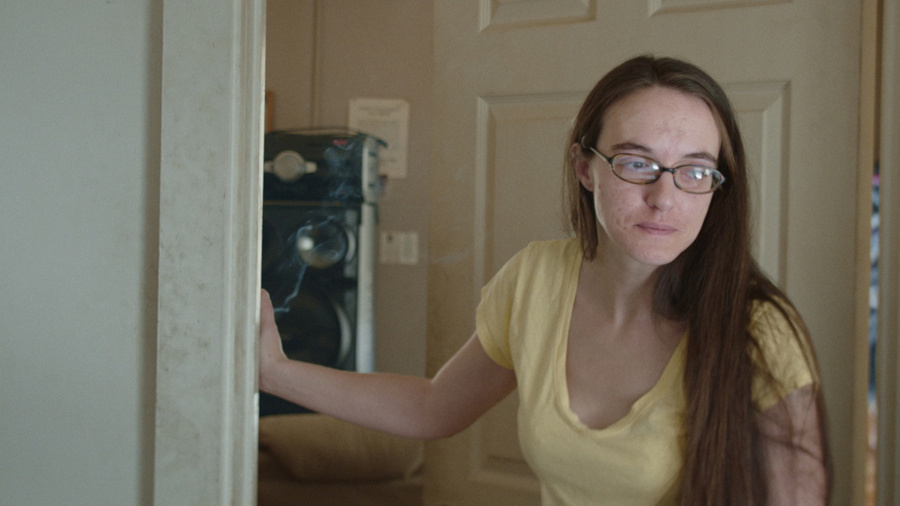Capturing complexity

When Associate Professor Jennifer Maytorena Taylor began shooting a new project in early 2016, she didn’t realize how much her study of the small town of Rutland, Vermont—where she lived for a time when young—would mirror America’s social and political turmoil. Centered around a mayor’s decision to settle Syrian refugees in the town and how its 15,000 citizens responded, the resulting film, For the Love of Rutland, explores the persistent problems of poverty and addiction and the increasingly divisive issues of cultural identity and nationalism.
Her goal for the documentary, Taylor said, was to avoid portraying Rutland as simply a rural town in decline, to show it as “the complex entity it is, capturing as much nuance and contradiction as possible.” The film follows Stacie Griffin, a lifelong Rutland resident whose life has been marked by poverty and substance abuse. Initially wary of the refugees resettling in her low-income neighborhood, Griffin ultimately finds purpose in civic engagement, advocating for change and community building that includes Rutland’s newest inhabitants.

Taylor teaches her students the same ethical practices and principles that have guided her more than two decades of work as an award-winning filmmaker of feature and short documentary films. “Our job is to be honest,” she said. “I come in with a ‘do no harm’ commitment and an assumption that everybody deserves dignity.”
*— *

